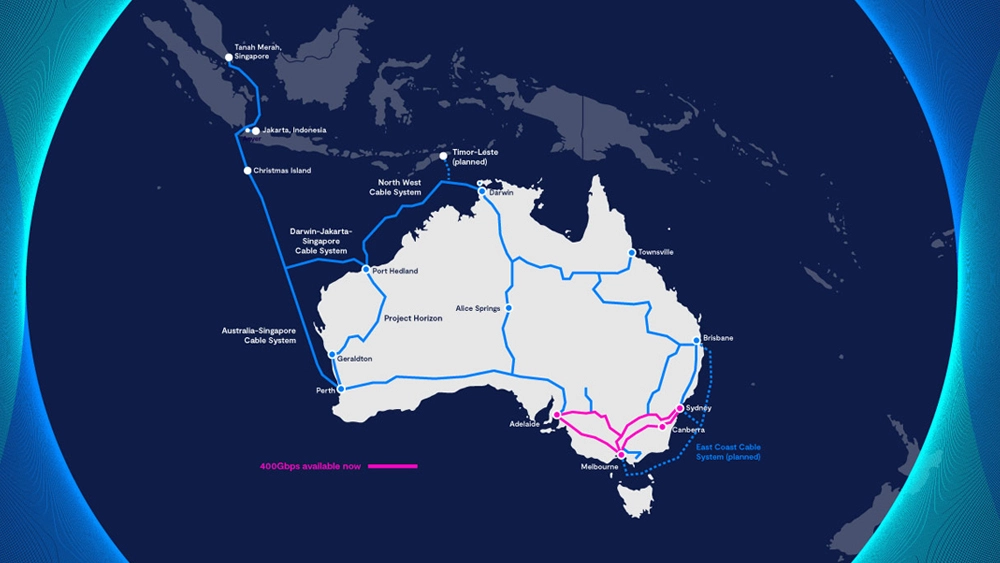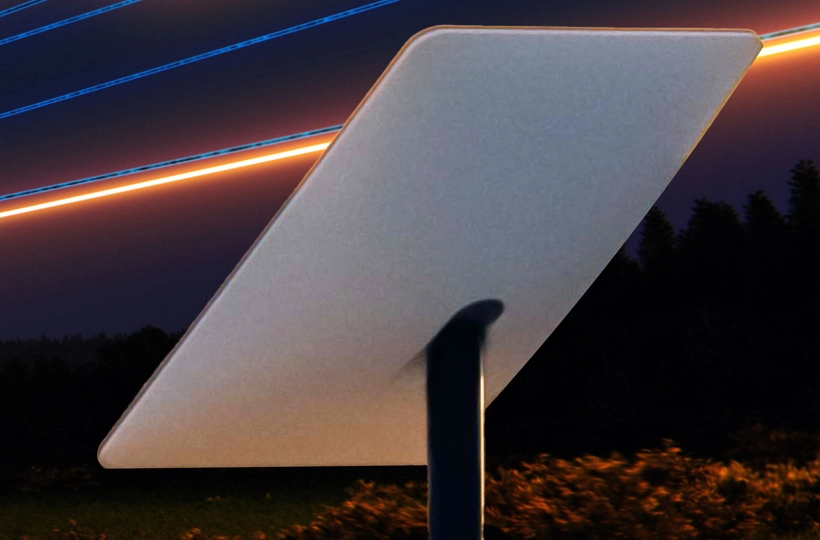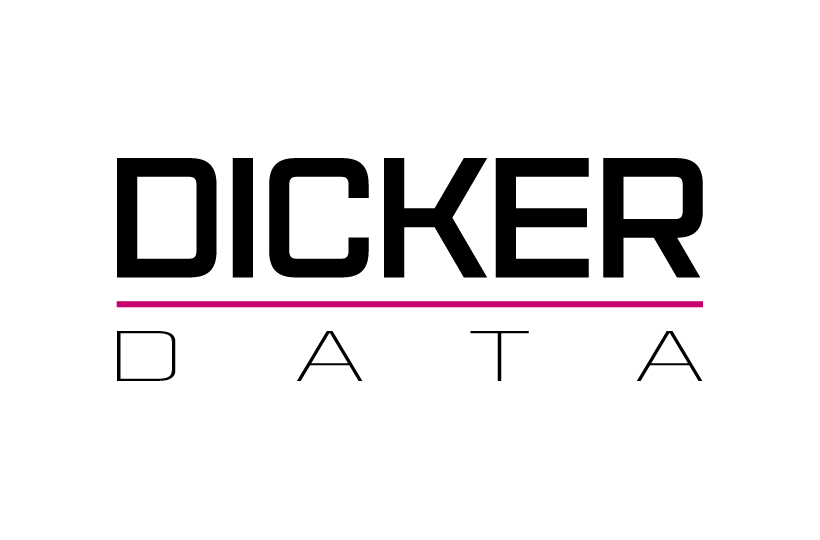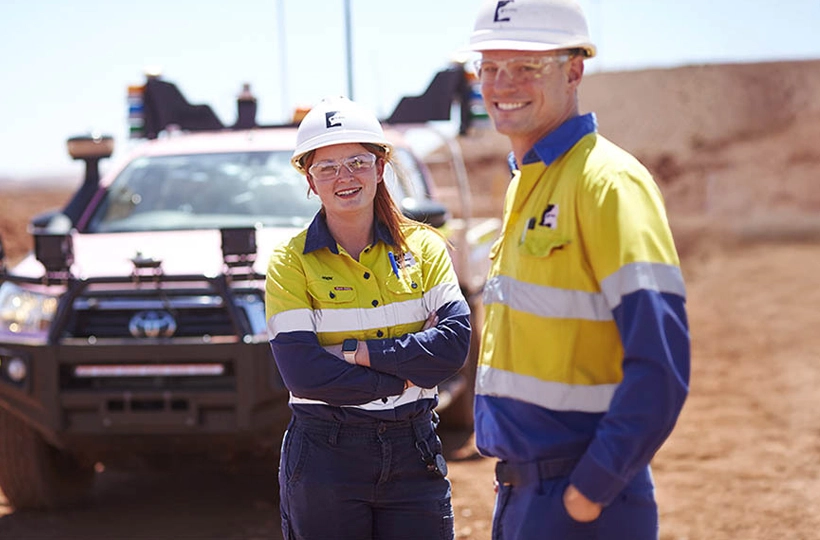Vocus has upgraded its Melbourne to Adelaide cable route to 800Gbps technology, with services available for customers up to 400Gbps, and has committed to further upgrading its national network to the latest 1.6Tbps technology
The strategic move enables Vocus to support the strong demand from hyperscale cloud providers moving data between cloud regions, as they provide environments for the surge in artificial intelligence systems, automation, and video applications.
Australian enterprises moving rapidly to adopt AI
Australian companies are quickly adopting AI technologies following 2023’s explosive growth in generative AI technologies like ChatGPT. Almost half of CIOs said they have already deployed or plan to deploy AI and machine learning within 12 months, according to Gartner’s CIO and Technology Executive Survey.
“AI models need enormous amounts of compute power, storage and network connectivity. They run in hyperscale cloud environments, including the data centres connected by Vocus fibre,”
“Large language models are processing trillions of parameters and petabytes of data. Usage of these models in turn is predicted to drive material bandwidth growth: Gartner predicts that within two years, generative AI will be producing 10% of all data globally,” he said.
Data centre investment in Australia is strong in anticipation of the AI boom: ChatGPT investor Microsoft’s Kemps Creek NSW DC has been approved for construction, while NEXTDC continues expansion works of its facilities in Melbourne and Sydney, and is also developing facilities in Adelaide, Darwin, and Port Hedland.
Globally, Artificial Intelligence systems use is forecast to grow at a compound annual growth rate of 37.3% to 2030 according to Grand View Research.
Meeting the need for speed
Vocus is committed to using the latest network technology to provide customers with speed, reliability and cost efficiency.
The Melbourne to Adelaide upgrade is powered by Ciena optical transponders, capable of delivering up to 800Gbps line connectivity, with Vocus selling services to customers up to 400Gbps.

Vocus is also working to upgrade its Sydney to Brisbane and Adelaide to Perth links, with extra capacity expected to go live in 2024.
“This means Vocus will be able to provide 400Gbps coast to coast next year, and we’re not stopping there – we’ve already committed to using next-generation 1600Gbps technology for our transit links, with the intention of providing even faster than 400Gbps services to customers,” Mr Nink said.
The technology behind the speed
Vocus was the first Australian fibre provider to deploy C+L band fibre optic technology when it upgraded its Sydney to Melbourne links to 400Gbps in November. Using this approach effectively doubles the fibre capacity compared to other telcos just using the C-band alone. It also has the benefit of being the most environmentally sustainable approach, requiring less power and therefore reducing environmental impacts.
The 400Gbps technology offers significant benefits to cloud providers and hyperscalers, enabling them to move and replicate enormous amounts of data between cloud regions and data centres in shorter periods of time. For customers with very high bandwidth requirements, 400Gbps technology also optimises cost by reducing the number of cross connects at data centres, requiring only one cross-connect rather than four when using 100Gbps hardware. Customers also benefit from having to purchase only a single piece of 400Gbps hardware rather than four 100Gbps network elements, resulting in reduced power consumption, less rack space and easier management.
Read more
Related Articles

Vocus Builds Australia’s First Private Network Over Starlink

Vocus Partners with Dicker Data to Lead in Telco Channel

Roy Hill Signs On for Vocus Horizon Cable
Media enquiries
For more information contact:
Dan Warne, Vocus Media & Industry Relations Manager
0421 027 293
dan.warne@vocus.com.au
